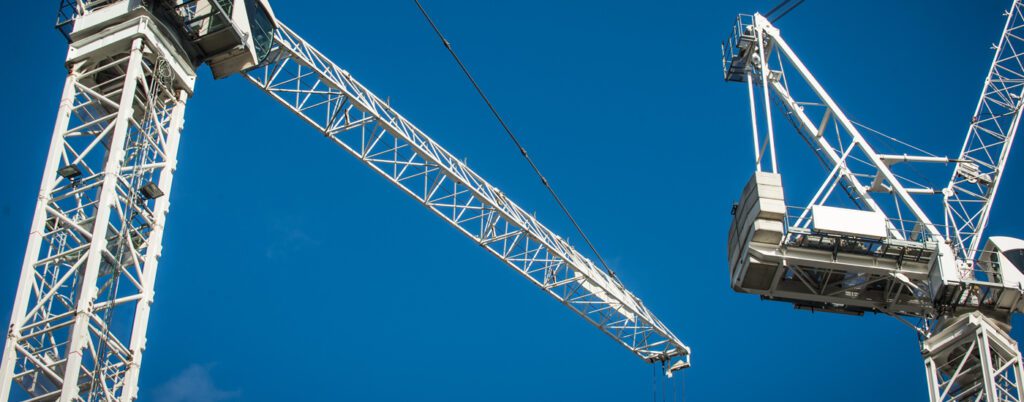Author
Since the introduction of adjudication in 1998 for the speedy resolution of construction disputes, it has been widely accepted that successful parties will not normally be able to claim their legal costs of pursuing the claim, even if they are the successful party in the adjudication.
In 2013, the Late Payment of Commercial Debts (Interest) Act 1998 (‘the Late Payment Act‘) was updated with a new section 5(A)(2A) which provides:
‘If the reasonable costs of the supplier in recovering a debt are not met by the fixed sum, the supplier shall also be entitled to a sum equivalent to the difference between the fixed sum and those costs’.
Michelmores have successfully used this relatively new legislation to get around the traditional constraint on costs recovery in adjudication and obtained costs for our client. The situation is generally considered to be anomalous with apparent conflict between two pieces of legislation. The High Court has recently handed down a judgment, dealing with (at least in some respects) this point.
In the recent case of Lulu Construction Limited v Mulalley & Co Limited [2016] EWHC 1853(TCC) (‘Lulu‘), the Claimant contractor sought enforcement of an adjudicator’s decision including the Claimant’s costs of the adjudication.
The Technology and Construction Court held that the adjudicator was entitled to award Lulu their costs and made an order that the damages and costs were to be paid. This appears to provide a judicial precedent entitling a part to claim for the recovery of costs as part of the adjudication process. It is not however a blank cheque for a winning party to recover its costs in all adjudications and the following points are worth bearing in mind:
- The claim must be for a debt. Recovery of costs by way of the adjudication process can only be achieved if the amount claimed is in fact a debt. This debt has to relate to the whole or part of the contract price. Therefore any claims made based on breach of contract, or indeed for any other sums, which do not form part of the contract price cannot fall within the remit of the Late Payment Act and as such these costs cannot be recovered.
- There must not be any existing ‘substantial remedy’ S.5(A)(2A) of the Late Payments Act states that if the costs in recovering the debt are not met by a fixed sum then the supplier would be entitled to the difference. The Courts have consistently held that the rate of interest in JCT forms, for example, provides a substantial remedy. If such a clause exists then a supplying party will not be entitled to claim interest under the Late Payments Act and therefore will not be entitled to recover its costs of adjudication in recovering that debt.
- The costs must be ‘connected with’ and ‘ancillary’ to the referred dispute. As the claim in Lulu was for enforcement only, the court only had to consider whether the costs claimed were ‘connected with’ and ‘ancillary to’ the referred dispute. It was outside of the court’s remit to pass a view as to whether the adjudicator was actually right to award the costs.
It is therefore clear that the costs of adjudication will not be recovered in all situations. However this decision highlights that costs can be recovered, albeit in limited circumstances. It is a matter that will obviously need to be pleaded accurately as failure to do so may result in an inability to recover such costs.
If you would like to discuss the adjudication process and the potential of recovering costs please contact our Construction and Engineering Team on 01392 688688

